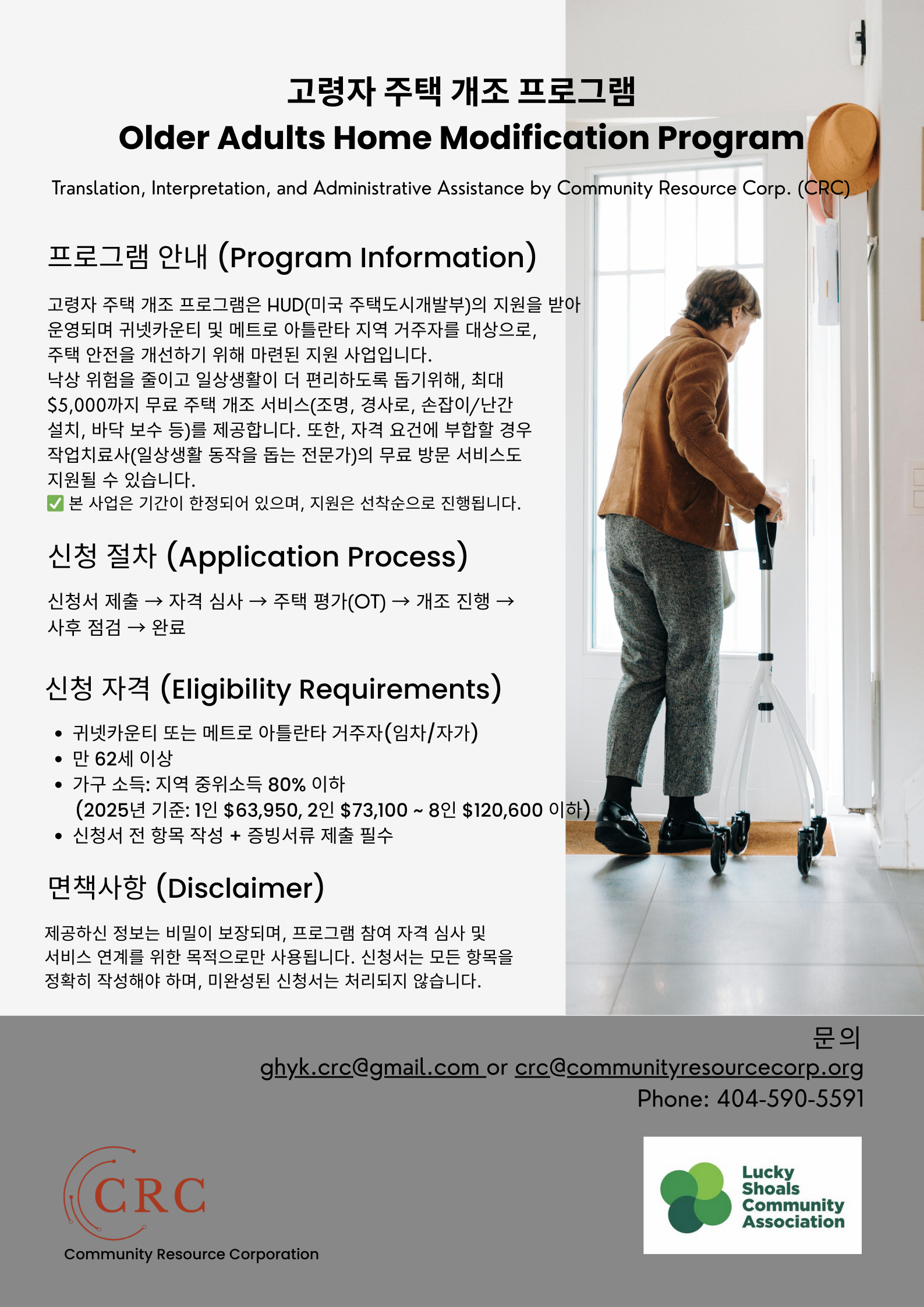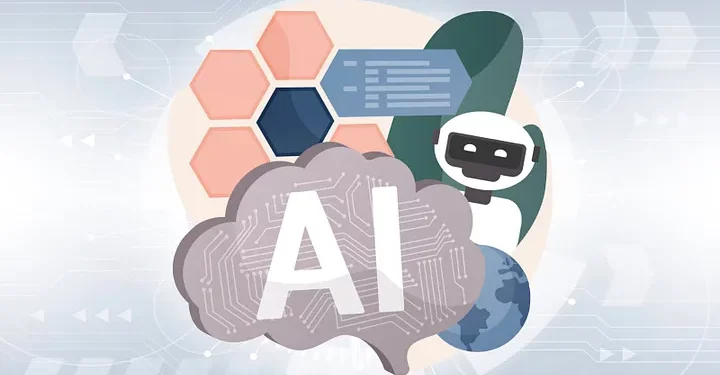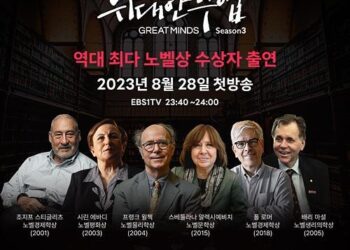In the previous section, I demonstrated how various types of skill development, such as leadership, could lead to higher achievements.
Before we delve into the impact of AI on those three people, let us think about how AI can augment our intelligence. During my TEDxEmory talk in 2022, I said,
“AI will augment everyone’s intelligence. Your intelligence level will be estimated by your own intelligence multiplied by your ability to enhance it with AI.”
Since the talk, I have come to realize one aspect that I overlooked. The augmentation of AI to your intelligence is not simply additive but rather multiplicative in nature.
For example, let us consider one of the most successful AI applications — machine translation. Even if I have no knowledge of a certain language, I can still translate into it using an automatic translator. In other words, even if my ability to translate into a language I know nothing about is 0, I can still produce a reasonable translation using an automatic translator. Here is the output of Google Translator for the sentence “Hello, my name is Jinho Choi and I’m a professor of Computer Science at Emory University” translated into Swahili:
“Hujambo, jina langu ni Jinho Choi na mimi ni profesa wa Sayansi ya Kompyuta katika Chuo Kikuu cha Emory”
Does this mean that my intelligence is augmented so that I am fluent in Swahili? Absolutely not. I still have no idea what the above Swahili sentence says (in fact, I do not believe that I can even read it correctly). Consequently, I cannot do anything meaningful with it because it did not become a part of my intelligence. Since my intelligence level in Swahili is 0, even with the support from AI, the augmented intelligence is still 0, as 0 multiplied by anything is 0.
Over the past several years, I have taken on the role of a simultaneous interpreter at my church, verbally translating Korean sermons into English in real-time (I am native in Korean and fluent in English). Before each sermon, my pastor provides me with a script, giving me a general idea of what he will say, although he might deviate from the script during the actual delivery. Translating a sermon presents its unique challenges, especially when it comes to finding accurate translations for proper names (you would be amazed at how many foreign region names appear in the Book of Acts) and conveying spiritual nuances in speech.
Before incorporating AI, I used a Korean-to-English Bible dictionary to look up names and search for the most suitable American expressions to convey Korean expressions that required cultural understanding. However, by adapting an automatic translator, this entire workflow has been revolutionized as it fluently translates the entire script within a matter of seconds, addressing those challenges for me. Although I do not solely rely on the translated script, I find that referencing it during the sermon enhances the quality of my simultaneous interpretation. I still have to handle spontaneous Korean jokes that my pastor loves to make, though.
Let us consider Gary, who is a native Korean speaker with good reading comprehension in English and can pronounce English sentences well. However, he is not confident in his English writing skills and has never worked as a translator. Without AI, Gary would not have considered being a simultaneous interpreter. But with the help of AI, he can effectively fulfill this role by running an automatic translator on the script before the sermon and reading the lines corresponding to what the pastor currently says. Though the pastor may deviate from the script and make unexpected jokes at times, Gary can make adjustments on the fly and convey the majority of the pastor’s intended messages.
Both Gary and I benefit from AI, but the magnitudes of our advantages are quite different. To analyze this, allow me to introduce the three types of abilities — Core, Augmented, and Perceptive (CAP) Abilities as follows:
- The core ability refers to the foundational skills and knowledge that bring essential competencies and expertise to form the basis of an individual’s intelligence. Core abilities are typically developed through education, training, and experience, and they serve as the fundamental building blocks upon which other skills and abilities can be developed.
- The augmented ability pertains to the capacity to enhance individuals’ core abilities and intelligence through the integration of advanced technologies or tools. In the era of AI, this ability becomes increasingly important as individuals can leverage technological advancements to extend and amplify their capabilities.
- The perceptive ability involves being attentive to details, making connections between different pieces of information, and recognizing meaningful patterns and trends. It enables individuals to gather valuable knowledge and draw meaningful conclusions from the vast amounts of data in both physical and virtual worlds.
In the context of simultaneous sermon interpretation, the essential abilities can be divided as follows:
- Core Ability: A strong grasp of listening comprehension in Korean, reading comprehension in English, and the ability to read English sentences aloud.
- Augmented Ability: Proficiency in translating English into Korean, familiarity with both Korean and American expressions, and knowledge of terminologies in the Bible.
- Perceptive Ability: Skill in paraphrasing English sentences to effectively convey subtle and spiritual nuances present in the dynamics of Korean speech, as well as the ability to handle spontaneous jokes.
Traditionally, what I refer to as the core ability is something that most educated people possess, the augmented ability that experts possess, and the perceptive ability that top-tier individuals possess. However, with the advent of AI, the boundary between experts and non-experts is becoming blurred, as any person with the core ability can become an expert by leveraging AI to augment their skills. But what about the perceptive ability?
One area where AI will struggle to master (at least for another decade) is in perceiving the dynamic sense of situations such as discerning the reactions of church members listening to a sermon, interpreting the pastor’s non-verbal expressions of urgency due to a time constraint, or understanding the implications of background music playing during certain events. Hence, while continuously developing our core abilities, we want to focus on enhancing our perceptive abilities more than our augmented abilities to flourish in the AI era as the human ability to perceive dynamic situations becomes even more unique value in this era.
In the previous sections, we met three characters: Homer demonstrated the core ability to perform well, while Rocky developed the augmented ability, making him an expert. On the other hand, Amelia enhanced her skills to acquire the perceptive ability. In the following sections, we will explore how their achievements can grow as their skills are further augmented by AI.




















